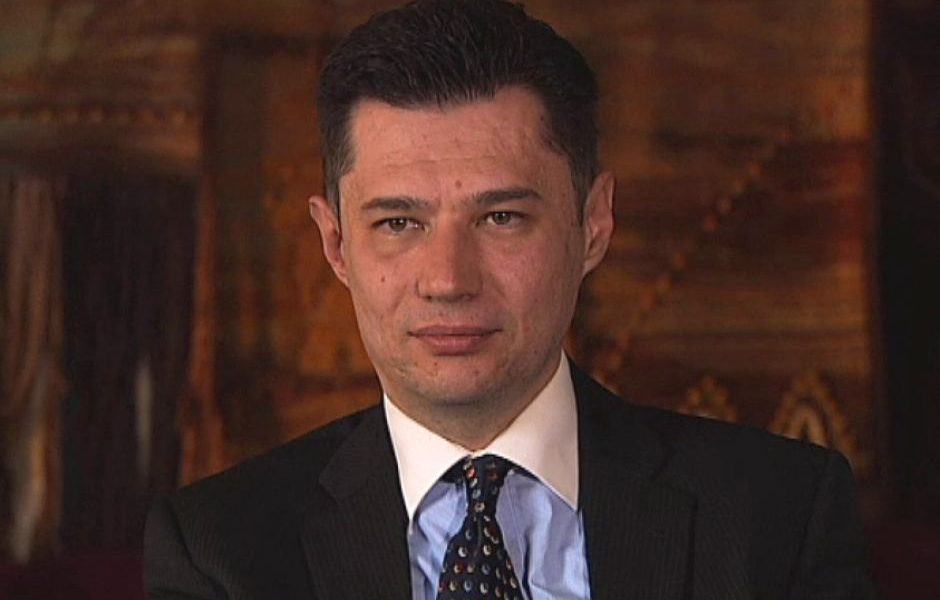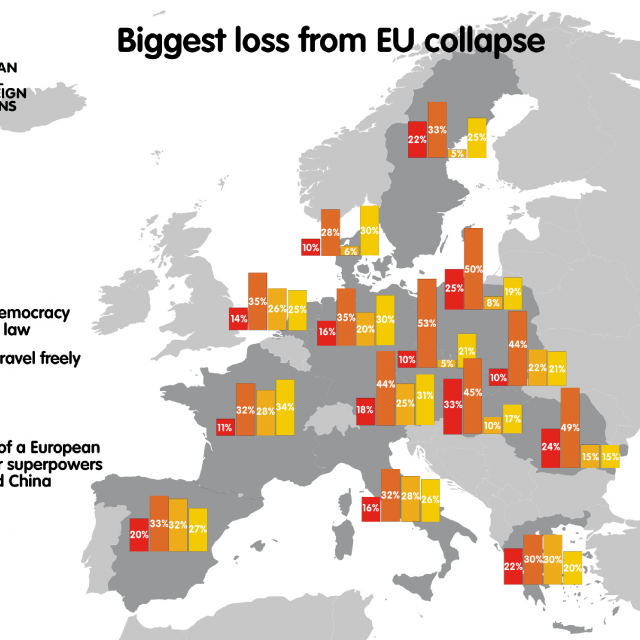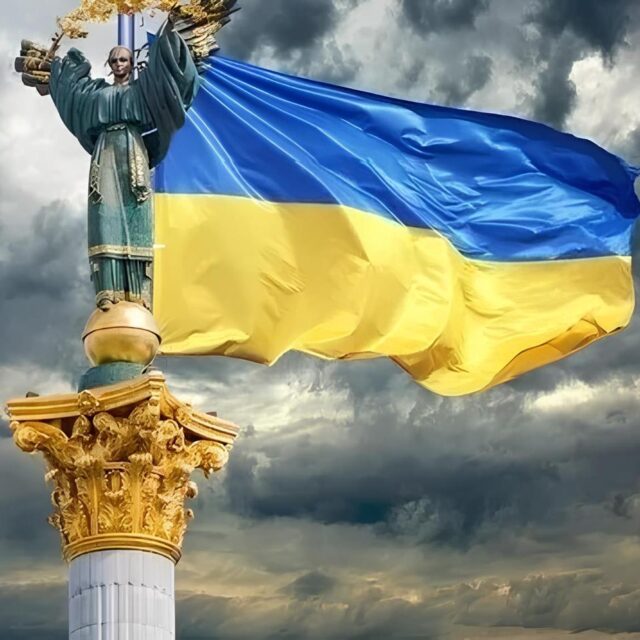A reply to a comment made by the Russian ambassador to Austria on the Ukraine conflict, written by Olexander Scherba, the Ukrainian Ambassador to Austria.
There is naive hypocrisy, outrageous hypocrisy – and hypocrisy beyond comprehension. For example the hypocrisy of a state that has promised to respect your borders, then takes your country away from you and tries to teach you about international law.
“Pacta sunt servanda” (Agreements are to be kept), the Russian ambassador reminded us in his comment earlier this month with regard to Ukrainian-Russian relations. I agree with him. Agreements must be kept. For example, the Budapest Memorandum, a treaty dating from 1994, the first of which said: “The United States of America, the Russian Federation and the United Kingdom of Great Britain and Northern Ireland, in accordance with the principles of the CSCE Final Act, reaffirm their commitment to respect the independence, sovereignty and existing borders of Ukraine. ” Accepting this word of honour from Russia, Ukraine surrendered its nuclear weapons. Since the annexation of Crimea, it has been known that Russia’s word of honour is not worth much.
Unfortunately, this also applies to some of the claims made by the Russian Ambassador regarding the fulfilment of the Paris agreements of December 2019.
First: the Paris summit took place at the initiative of the Ukrainian President. If Ukraine hadn’t taken the initiative, the blood in Donbass would flow like it did a year ago. Nobody is as interested in peace as Ukraine.
Second: What was agreed in Paris was proposed by Ukraine – and has largely implemented it. The prisoners were exchanged. The withdrawal of troops proposed by Ukraine has taken place. Additional transition points have been opened. Ukraine has been adhering to the ceasefire since August – despite Russian violations on an almost daily basis.
What has not been fulfilled (for example the still blocked access for the Red Cross to prisoners in occupied Donbass) can be discussed at a new summit. Only here one side demonstratively shows no hurry, Russia.
There has been no peace in Donbass for six years. On one side are the Russian flags, weapons, military personnel, on the other the Ukrainian ones. Even so, Russia is playing a bizarre game of pretending not to be a war party. The problem is that the real warring parties want different things: Ukraine wants peace, Russia wants control. Hence the attempts by Moscow to force Ukraine to recognize the collaborators in Donetsk and Luhansk appointed by the Kremlin as part of Ukrainian politics – and thus either detonate Ukraine or keep it in check for the long term.
Meanwhile, the occupation of Donbass is intensifying as Russian passports are distributed to the population, the Ukrainian border is under the sole control of Russia and all decisions are made in Moscow. The economy is in a mess, most pro-Ukrainian citizens have either been killed or displaced, Ukrainian (like any other) law does not apply. In this state, without any influence from Kyiv, Moscow proposes to hold the elections and so legitimise the power of its representatives in Ukraine. A “great” plan.
If you really want peace, then you should start with simple steps; for example ensure democratic elections; turn off the propaganda machine; relieve the pain; calm the minds – all things that unfortunately we do not know from Russia.
The Author, Olexander Scherba, is the Ambassador of Ukraine to Austria. This article first appeared in the Austrian publication, the Wiener Zeitung, and is republished here with the author’s permission.




